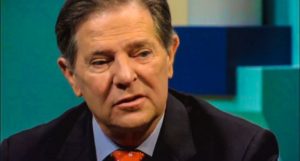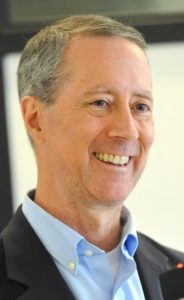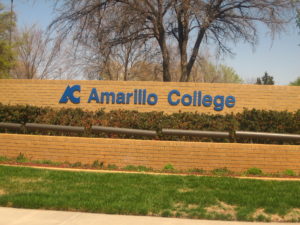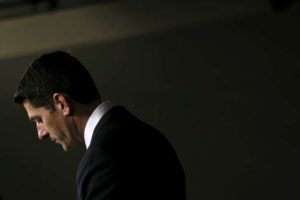Tom DeLay knows his audience and he speaks their language.
In this case, the former U.S. House majority leader was speaking a couple of years ago on a religious program hosted by John Hagee Ministries.
If only, though, he would speak accurately about the very founding of this great republic.
Host Matt Hagee asked DeLay where he thought the nation had gone wrong. DeLay’s response was, shall we say, more than little off the mark.
“I think we got off the track when we allowed our government to become a secular government,” DeLay explained. “When we stopped realizing that God created this nation, that he wrote the Constitution, that it’s based on biblical principles.”
Well …
Where do we begin?
We’ve had a “secular government” since its very founding. The Constitution — as I’ve noted in this blog before — contains precisely two religious references. That would be in Article VI, which declares that there should be “no religious test” for anyone seeking election to public office; and in the First Amendment, where the founders declared there would be “no law respecting an establishment of religion.”
That’s it, folks.
The founders knew precisely what they were doing when they omitted any other religious references in the Constitution. They intended for the government to be free of religious pressure or coercion.
I happen to be totally OK with that.
DeLay, though, sought to parse the Constitution differently when he told the Hagee Ministries audience about how God “wrote the Constitution.”
This gets to the debate that continues to this day. Indeed, it’s been going on virtually since the United States of America emerged from its revolution.
The Rawstory item showed up on my Facebook feed today I suppose as a reminder that this national debate likely never will go away.
Can’t we just accept the notion that the founders built a government framework that would be free of religion, but which allowed each of us to worship as we see fit?
That happens to be — in my humble view — one of the true-blue beauties of a secular government.









